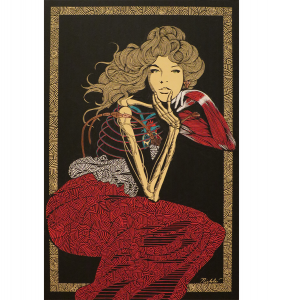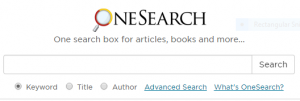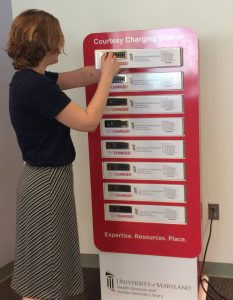The HS/HSL will be closed Saturday, July 2nd through Monday, July 4th in observance of the 4th of July holiday. We will reopen on Tuesday, July 5th.
HS/HSL Closed 4th of July Weekend
NEJM Resident 360 Now Available
 NEJM Resident 360 offers free clinical content targeted specifically to residents’ needs, guidance in career decisions, and a way to connect with peers. Rotation Prep supports your learning with an overview of the basics, and expertly chosen resources that provide the foundational information you need. Explore the educational features in Learning Lab, ways to connect with peers in Resident Lounge, and find career tips and guidance in Career.
NEJM Resident 360 offers free clinical content targeted specifically to residents’ needs, guidance in career decisions, and a way to connect with peers. Rotation Prep supports your learning with an overview of the basics, and expertly chosen resources that provide the foundational information you need. Explore the educational features in Learning Lab, ways to connect with peers in Resident Lounge, and find career tips and guidance in Career.
NEJM Resident 360 is accessible through the HS/HSL’s A-Z list of databases.
National HIV Testing Day: Resources for HIV Testing at National Library of Medicine
June 27 is National HIV Testing Day, and you can check the National Library of Medicine (NLM) websites to learn about the process for HIV/AIDS testing, who should be tested, and where to get tested. Click here for more information.
Newly launched Genomic Data Commons to Facilitate Data and Clinical Information Sharing
Last week National Cancer Institute launched The Genomic Data Commons (GDC), a unified data system that promotes sharing of genomic and clinical data between researchers. Click here for additional information.
To see a video describing this project click here.
Access to Library Databases, Journals, Catalog Restored
Access to HS/HSL databases, journals, and catalog have been restored. We apologize for any inconvenience.
HS/HSL Artist Luncheon and Lecture: Nickolai Walko

The HS/HSL will be hosting a free lecture and luncheon on June 30th from 11:45 am – 1pm, featuring artist Nickolai Walko. He will be discussing his exhibit hosted at the HS/HSL’s Weise Gallery, “Tape: A Visual Dissection.” This free event will take place at the HS/HSL’s Gladhill Boardroom. To RSVP email: events@hshsl.umaryland.edu. Questions? Please call 410-706-7545.
Nickolai Walko was born in Perm, Russia in 1991. He was adopted from a Siberian orphanage two years later by an American couple and moved to the United States. He received his BFA in sculpture from the Virginia Commonwealth University in 2014. Nickolai started to use masking tape not for its usual purpose, to mask off certain areas for paint to cover, but instead to produce high contrast, intricate, and stylized works of art. He was introduced to the medium in high school and it “stuck to him” through college though his major was sculpture in which he produced street sign body armor and other metal creations. The Renaissance and Pop Art movements have served as core inspirations, as well as the medical field. He strives to capture the human form as well as animalistic forms through the non-traditional medium of masking tape. In a way, the tape acts as a skin, and the X-Acto knife is a scalpel. Producing these works, he feels like a surgeon and removing the skin (tape) provides access for the public to view the anatomy beneath in his stylized diagrams and scenes. The exhibit will be displayed in the Library’s Weise Gallery from June 24 through September 1, 2016. For more information about the artist and his work go to http://www.nickolaiwalko.com/tapegallery.html .
New A-Z Journal List

On June 13, the Library’s journal and e-book lists will be combined and made available within OneSearch. A new A-Z option on the black bar at the top of the OneSearch page will take you to the list.
A new item under “Popular Links” on the HS/HSL homepage, Journals/Ebooks, will take you to the same place. With a streamlined look and a new autofill feature, the list will continue to provide a convenient way to access individual titles.
Library Databases, Journals, Catalog Down
The HS/HSL is experiencing technical difficulties, our servers at College Park are currently down. IT is working to resolve the issue, but for now, databases, journals and the library catalog are not working.
New Device Charging Station is Here!

A frequent request at the HS/HSL has been for a place to recharge your electronic devices. We now have a new charging station with eight combination locked compartments to safely store your phones, tablets, etc. while they power up. There are cables for: Micro USB, USB-C, Apple Lightening Wire and Apple 30-pin. Just create your own password and lock your device in for safe charging while you visit the Library.
Off Campus Access to Library Resources Restored
Access to library databases and journals is now fully restored for those patrons who may have had issues accessing resources from off campus the past few days. We apologize for any inconvenience.

